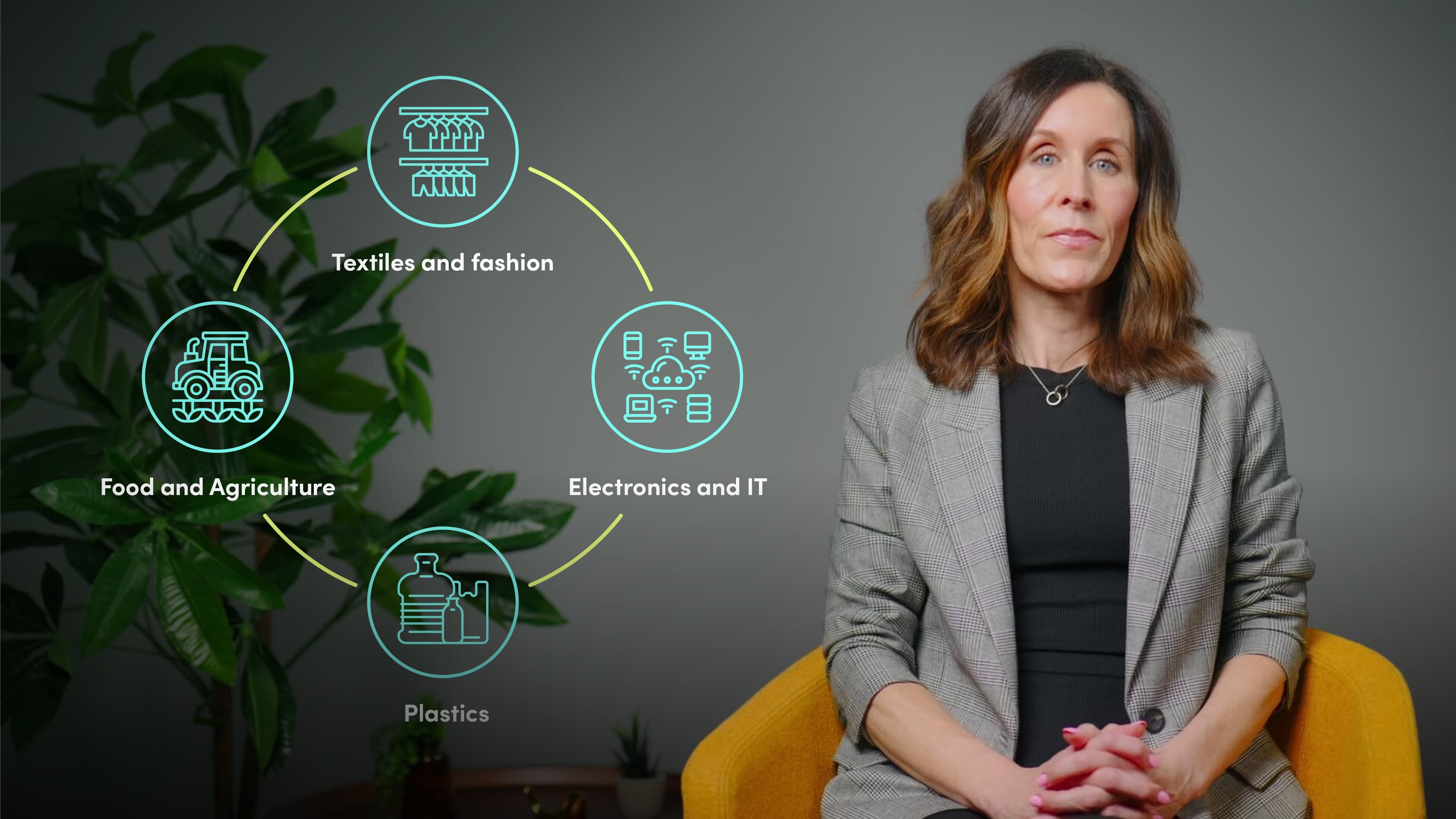
Introduction to the Circular Economy Action Plan

Pamela Turok
24 years: Sustainability lawyer
What is the Circular Economy Action Plan (CEAP)? Join Pamela Turok from CMS as she explains what the CEAP is and the sectors most impacted by the regulation.
What is the Circular Economy Action Plan (CEAP)? Join Pamela Turok from CMS as she explains what the CEAP is and the sectors most impacted by the regulation.
Subscribe to watch
Access this and all of the content on our platform by signing up for a 7-day free trial.

Introduction to the Circular Economy Action Plan
15 mins 4 secs
Key learning objectives:
Understand the key elements and objectives of the CEAP
Identify the key sectors impacted by the CEAP
Outline how various directives and regulations will shape the circular economy
Overview:
Subscribe to watch
Access this and all of the content on our platform by signing up for a 7-day free trial.
Subscribe to watch
Access this and all of the content on our platform by signing up for a 7-day free trial.

Pamela Turok
There are no available Videos from "Pamela Turok"





























